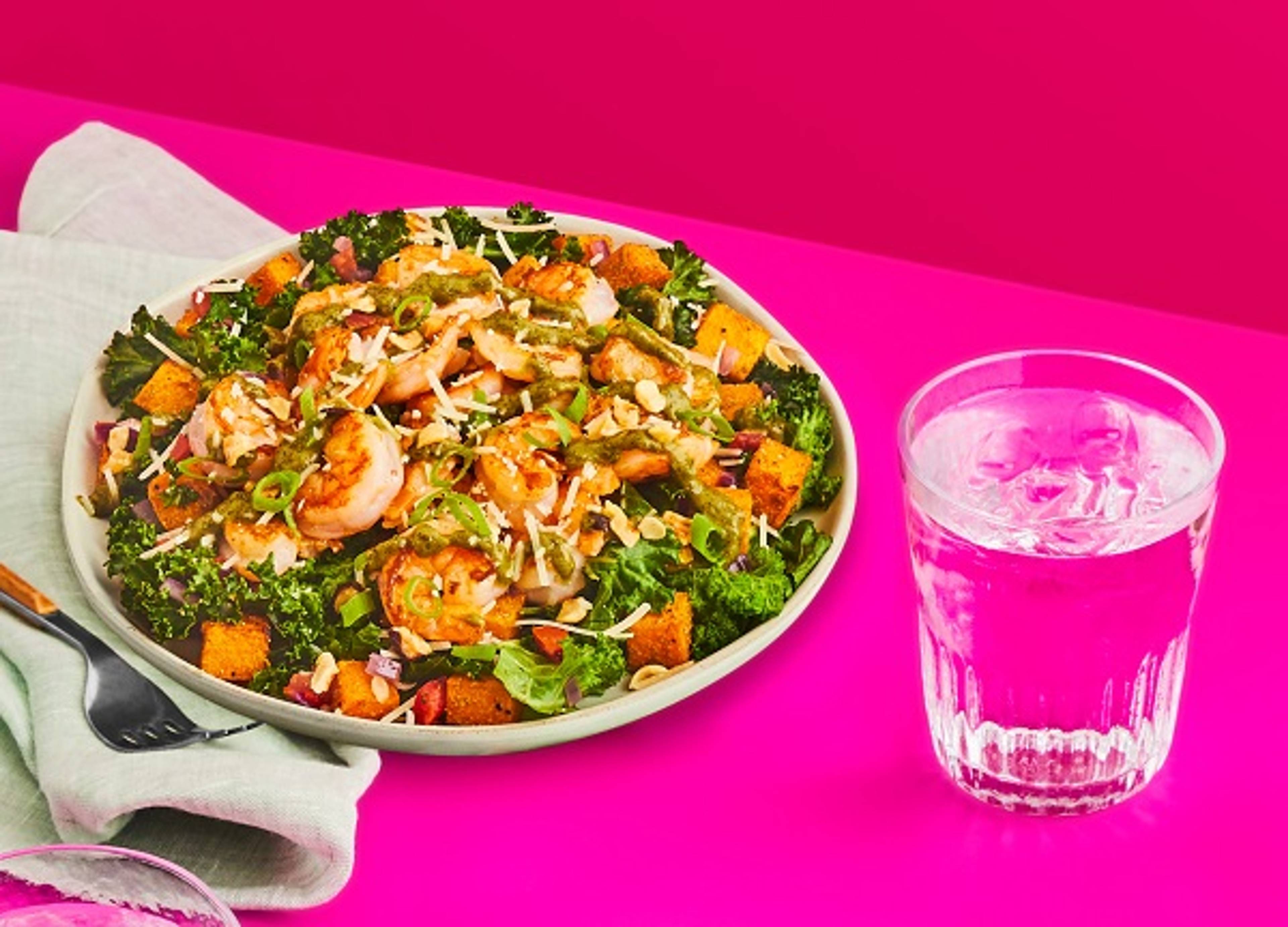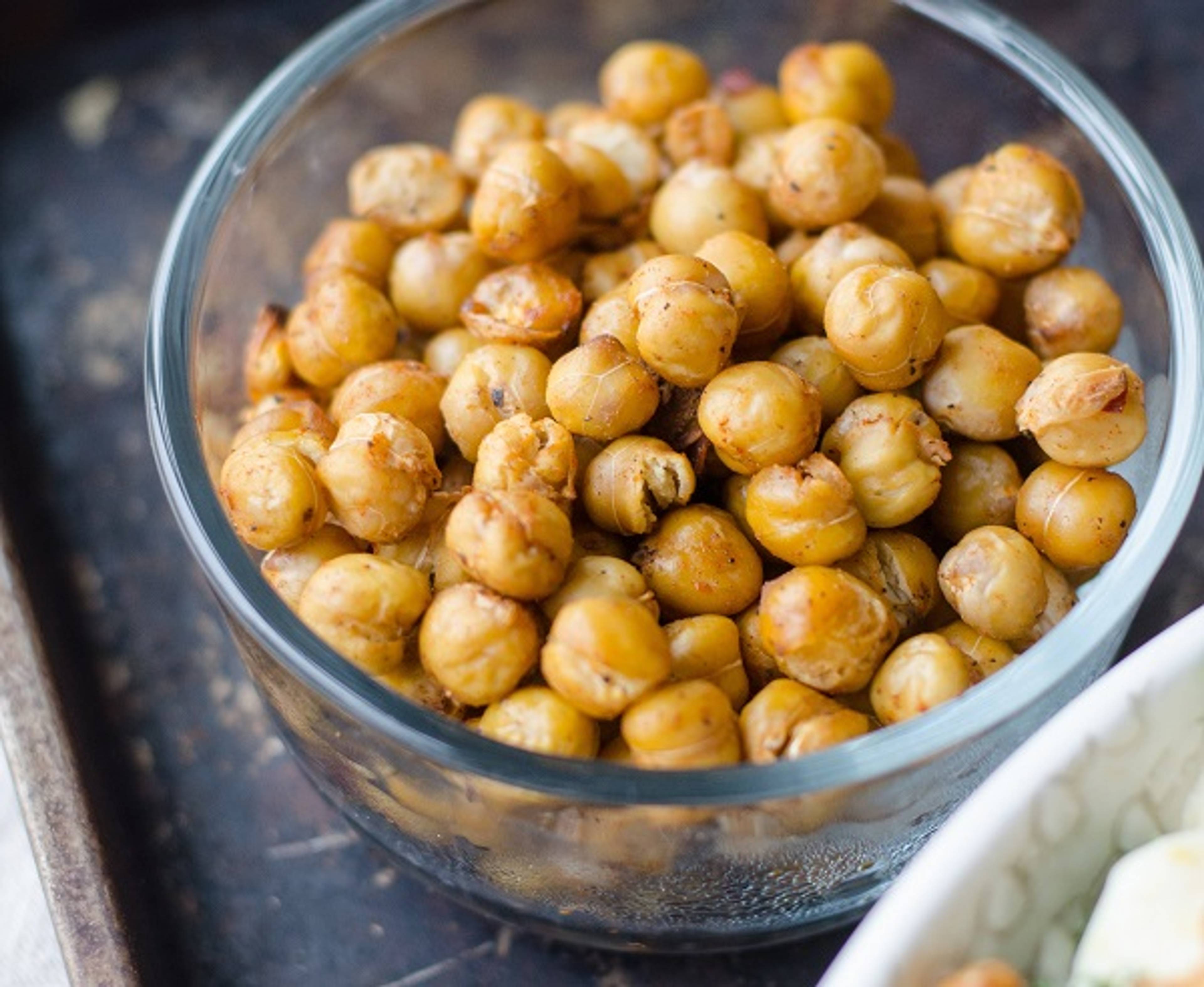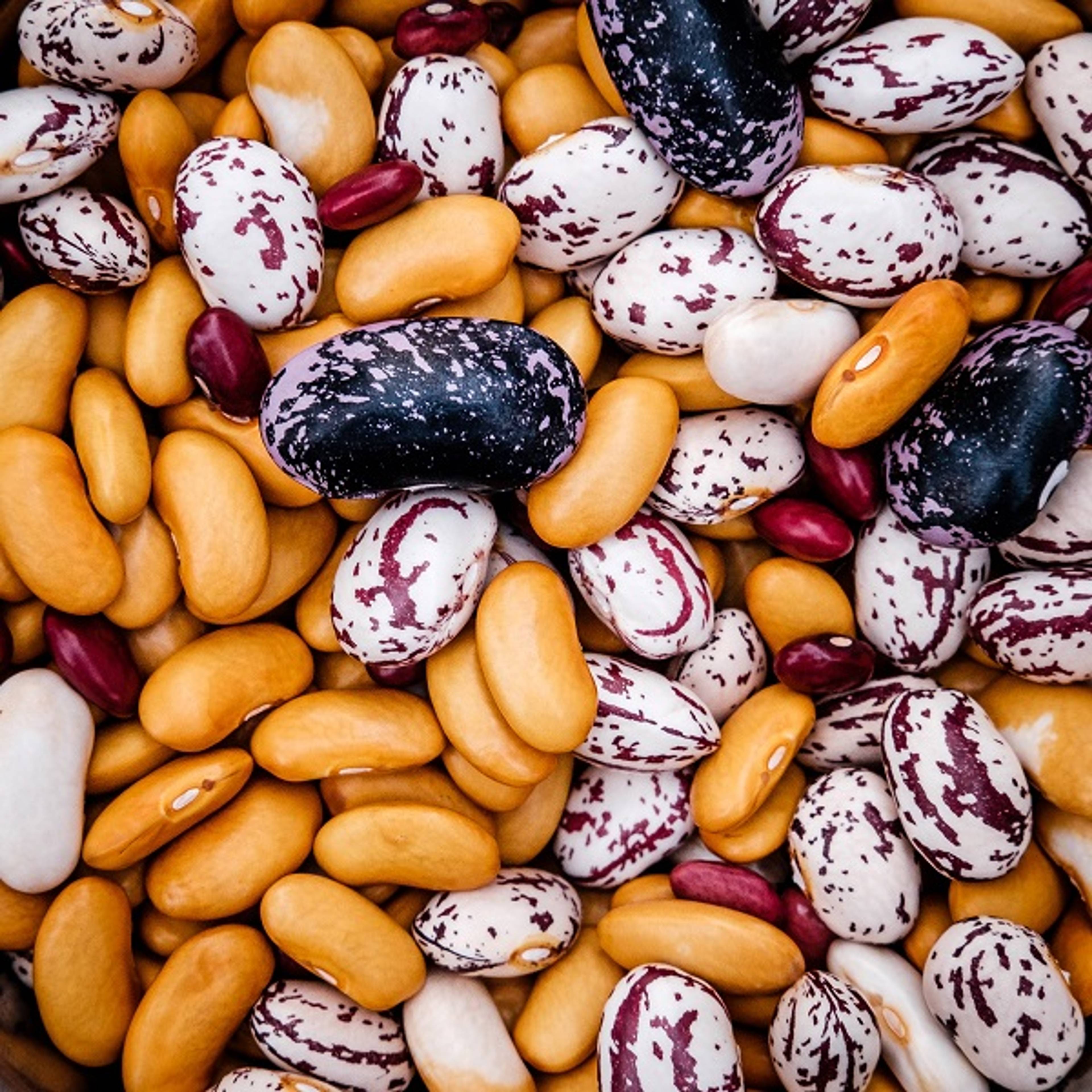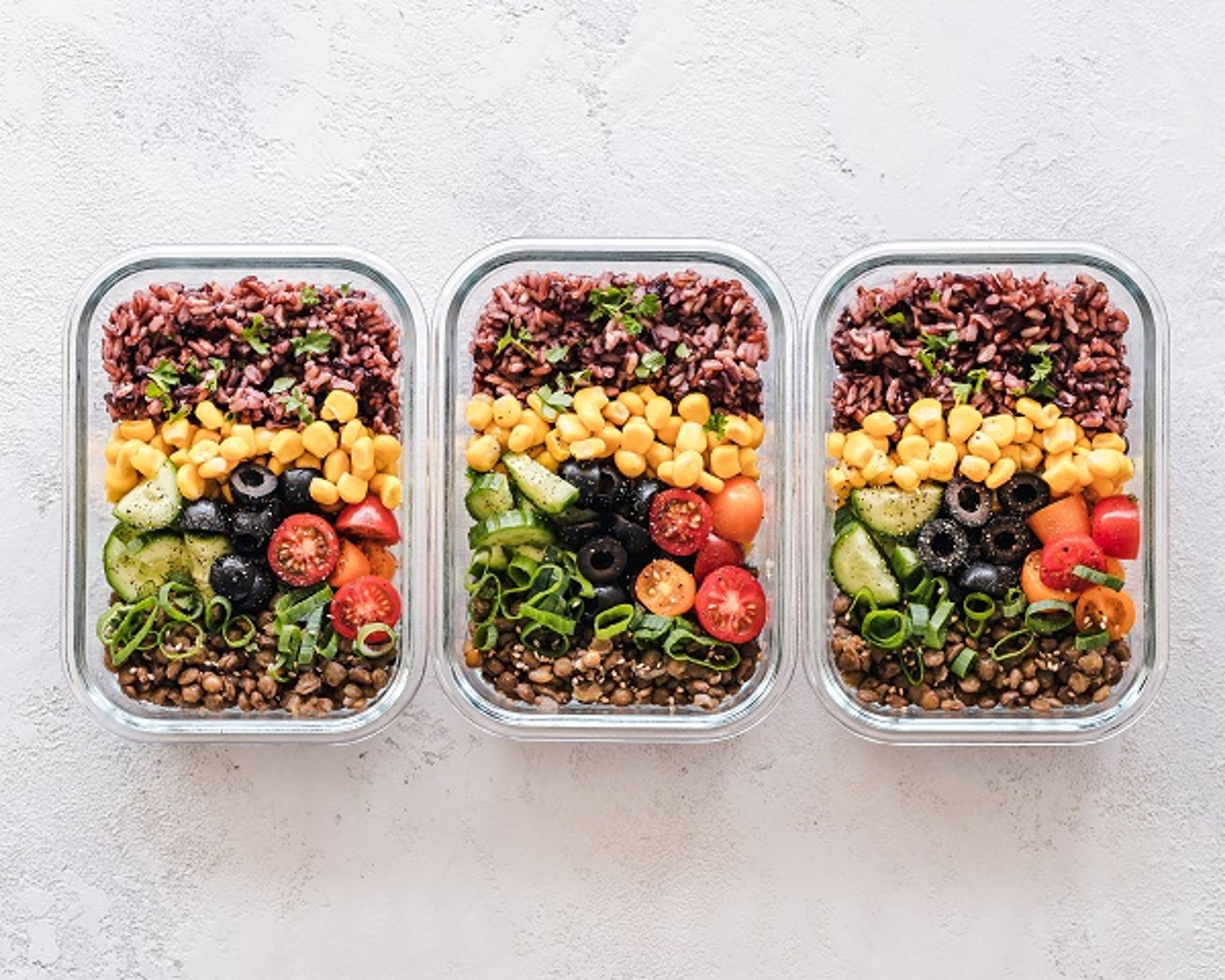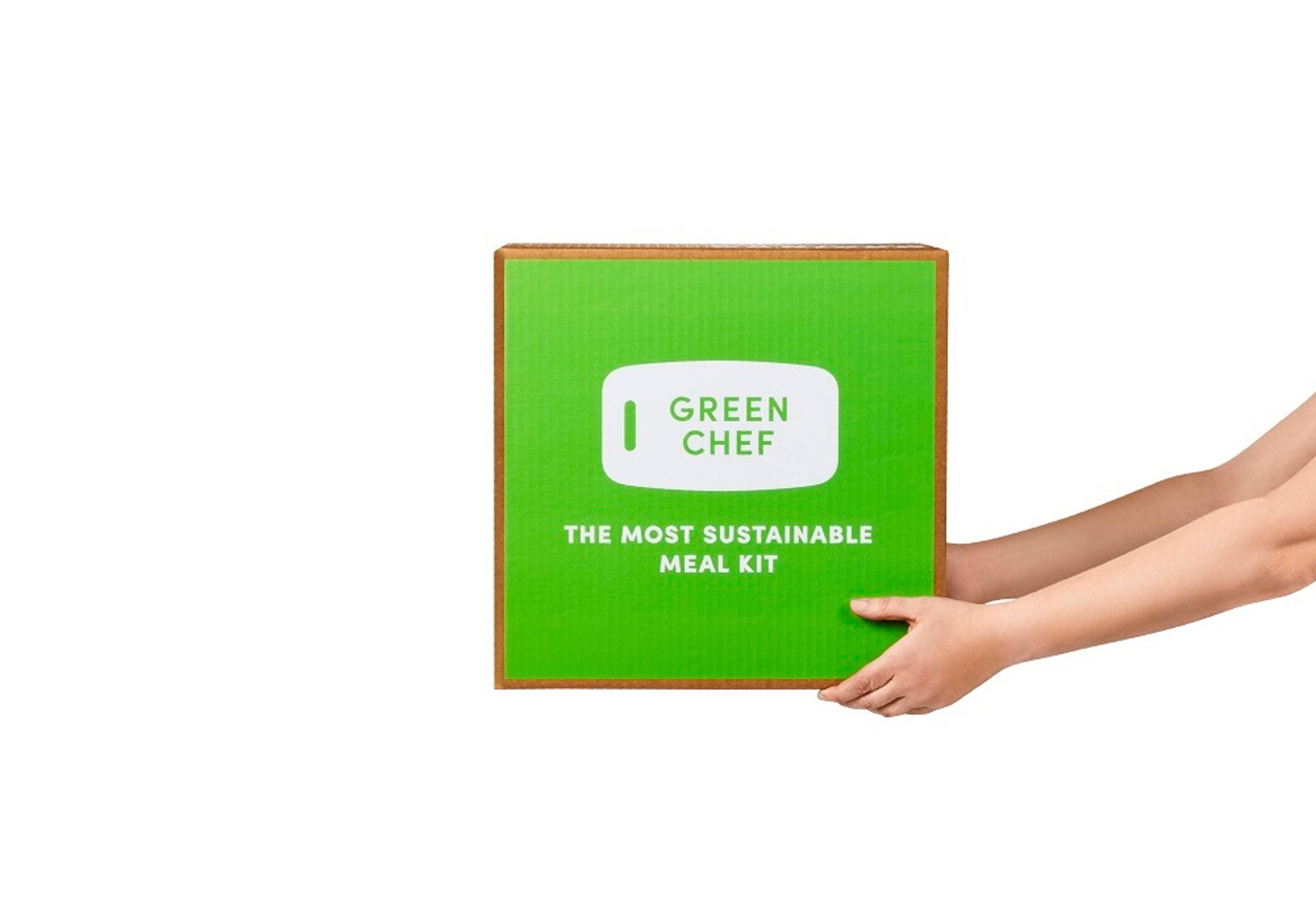Explore Plant-Based Diet Health Benefits
Are you thinking of switching to a plant-based diet? Good for you! From weight loss to a lower risk of heart disease, reduced inflammation, and more, adopting a plant-focused way of eating brings with it a host of health benefits. Read on to find out more about some of the vegetarian, vegan, flexitarian, and pescatarian diet health benefits.
A quick note: this article is in no way exhaustive nor is it a substitute for proper medical advice. Think of it as an educational jumping off point for an in-depth conversation with your physician.
Plant-Based Diets and Weight Loss
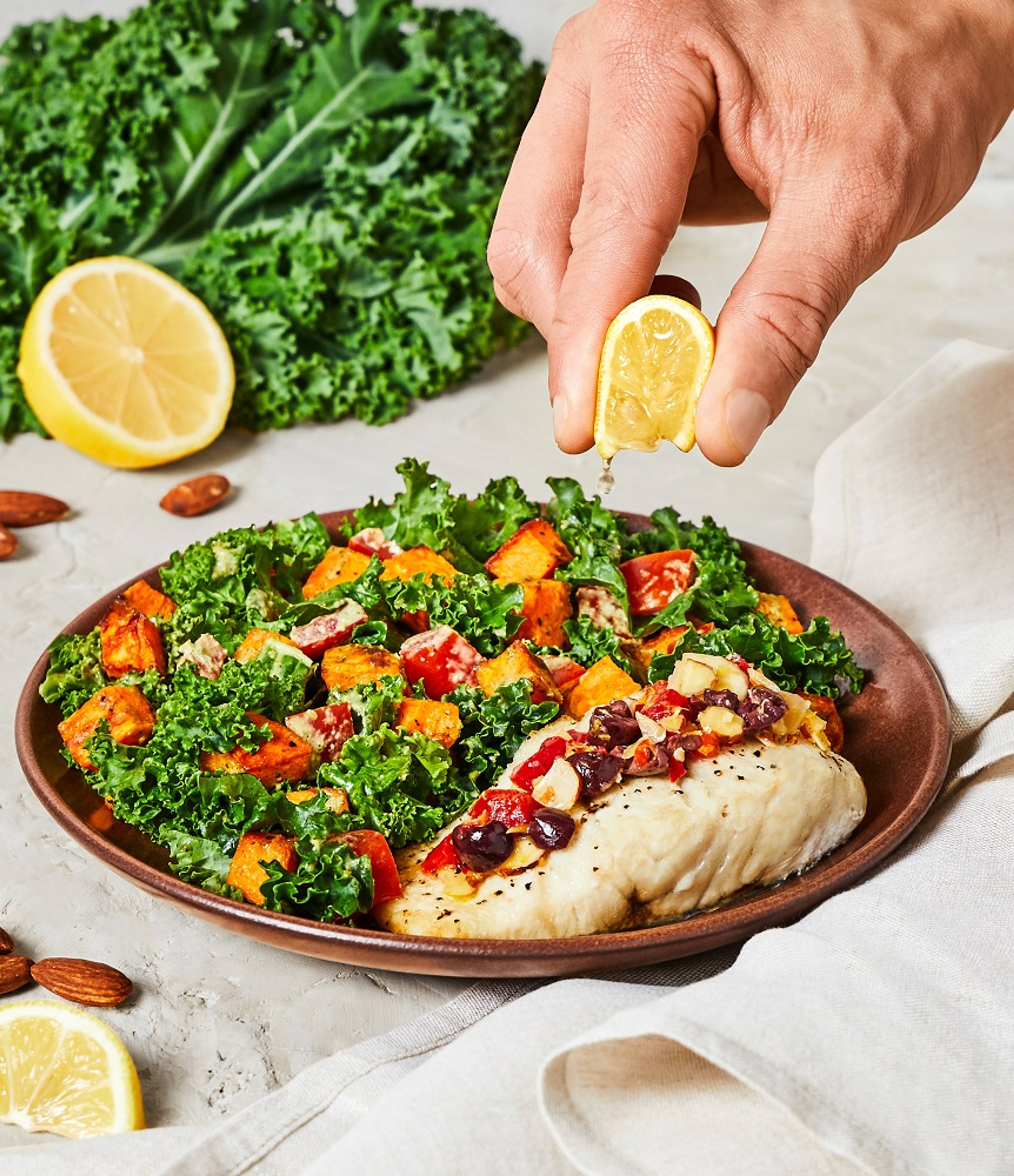
Achieving a 1,200 Calorie Vegan or Vegetarian Diet

What If I Want to Gain Weight? Can I Use a Vegan or Vegetarian Diet for Weight Gain?
Plant-Based Diets and Your Heart Health
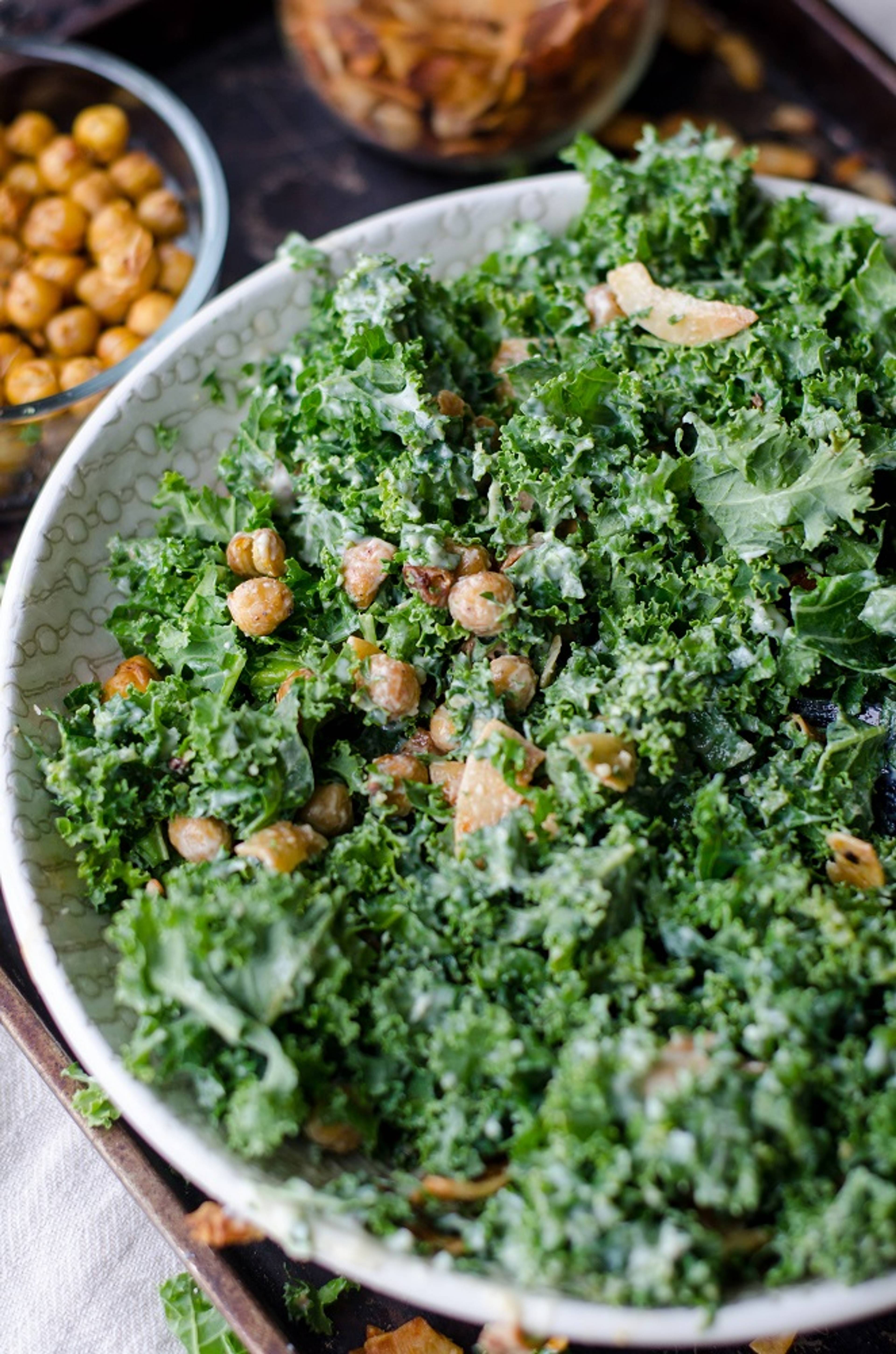
A Plant-Based Diet Can Help with Heart Disease and Blood Pressure
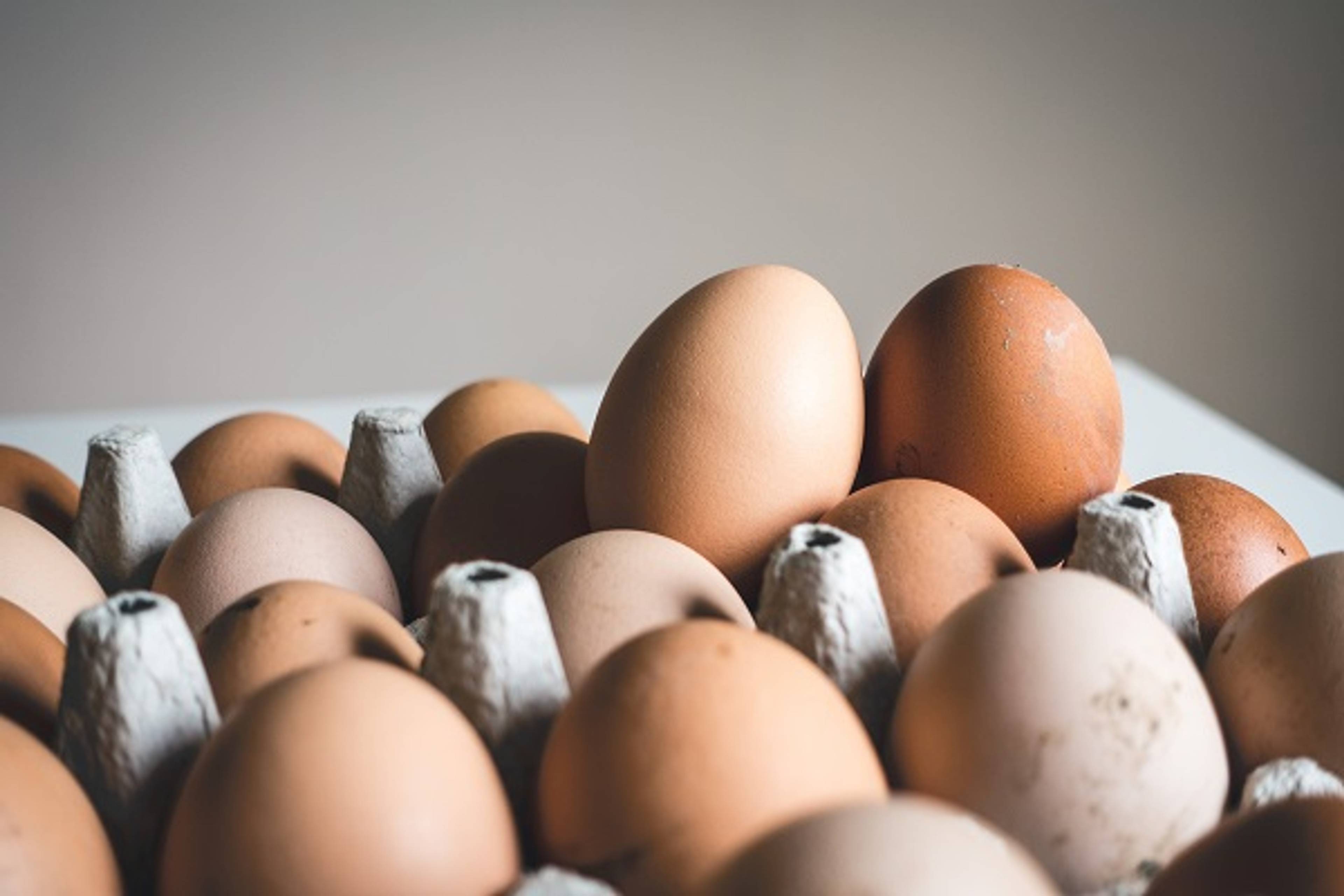
Lower Your Cholesterol with a Plant-Based Diet
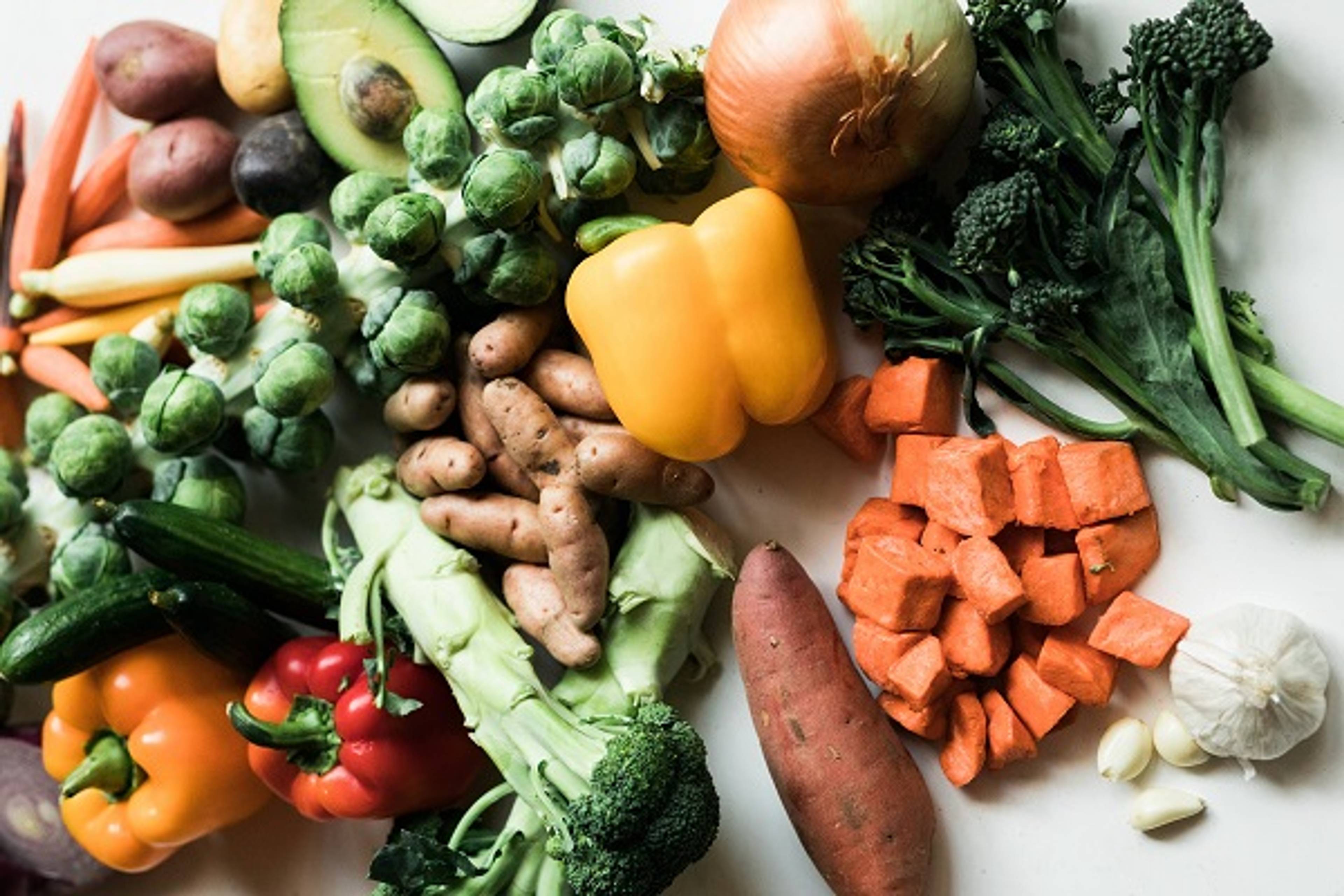
Plant-Based Diets and Your Digestive Health
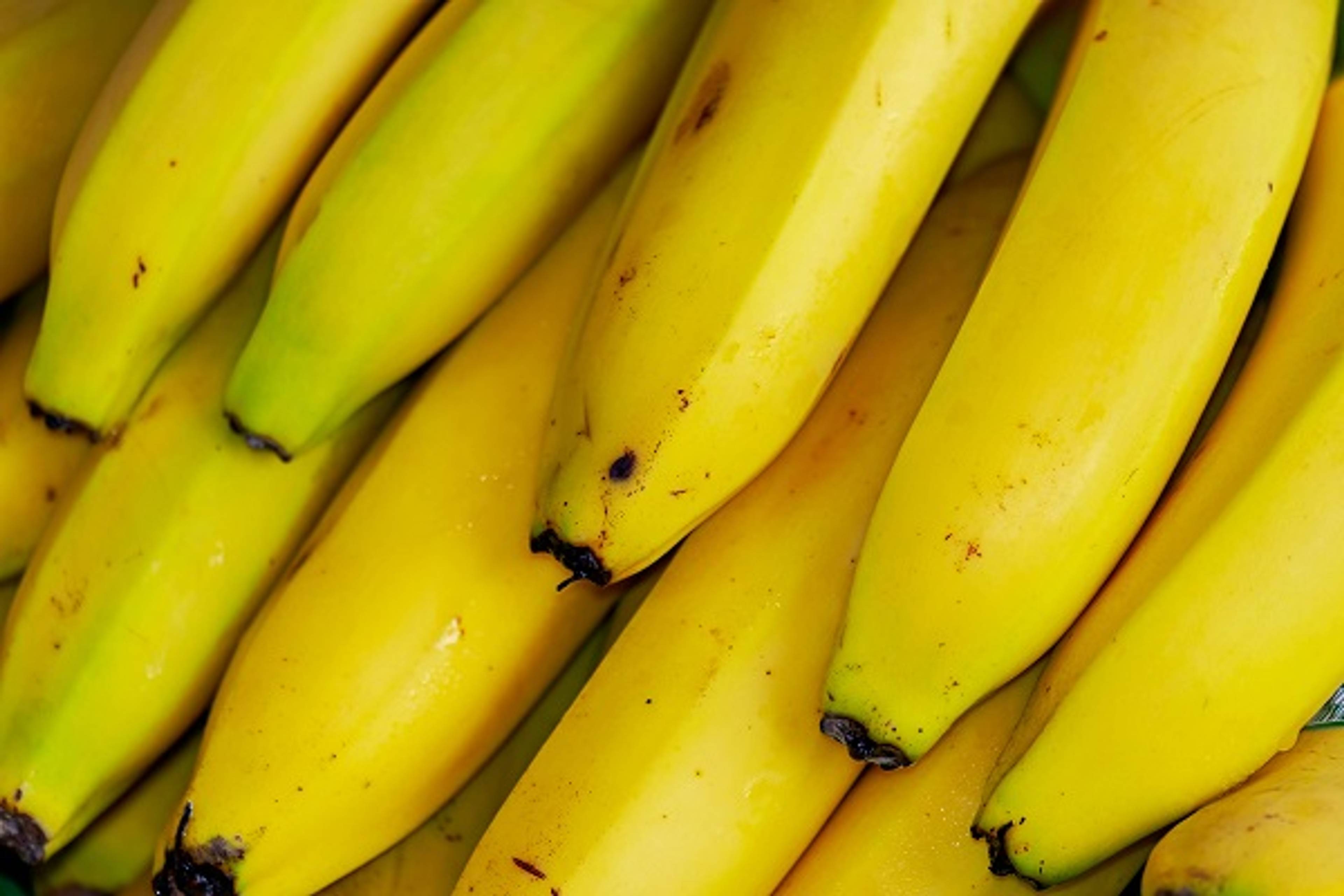
Digestive Diseases and a Plant-Based Diet
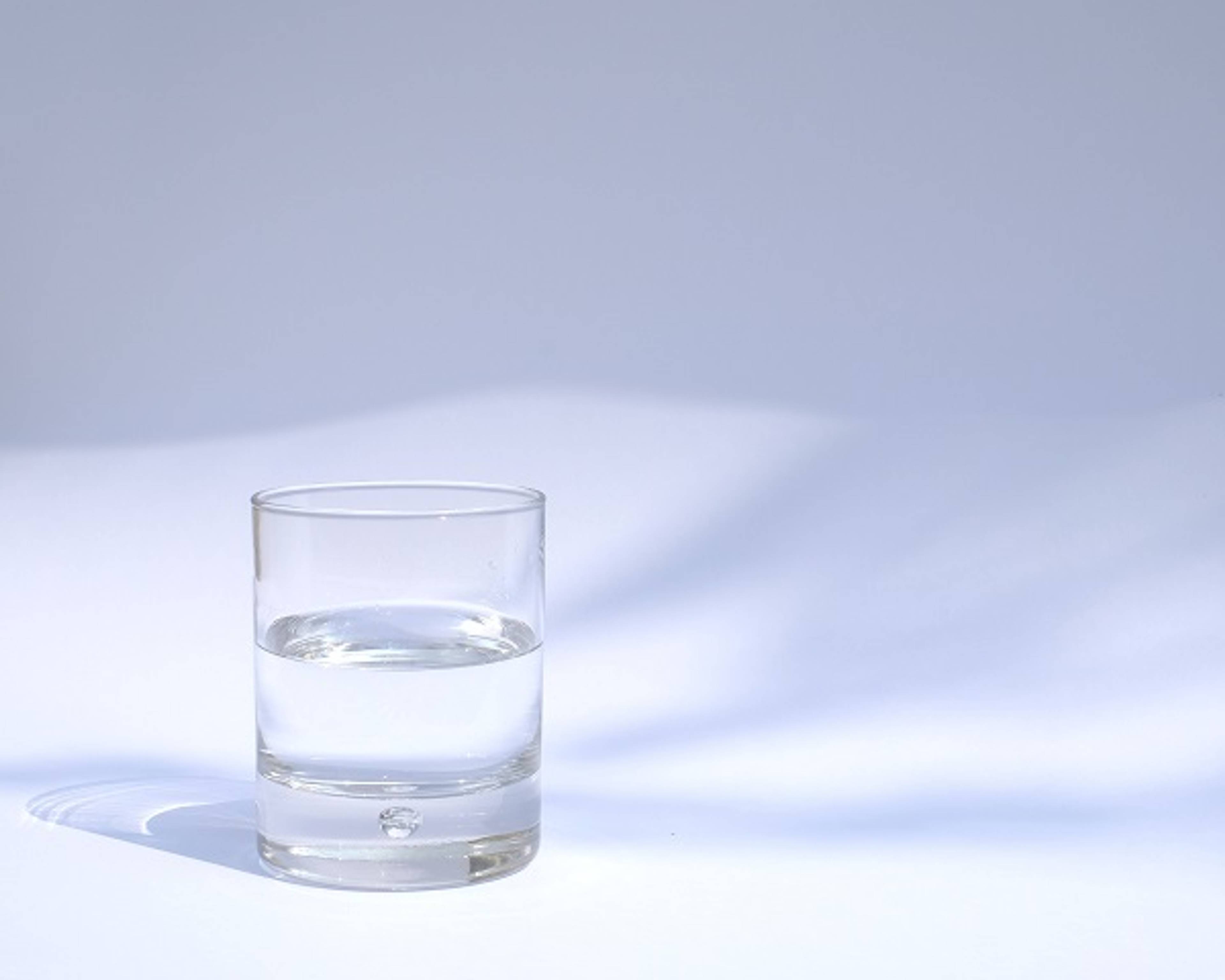
Stay Strong! How to Avoid Those Side Effects
Inflammation, Diabetes, Kidney Health, and Pregnancy: More Benefits of a Plant-Based Diet

Fight Inflammation and Arthritis with a Plant-Based Diet
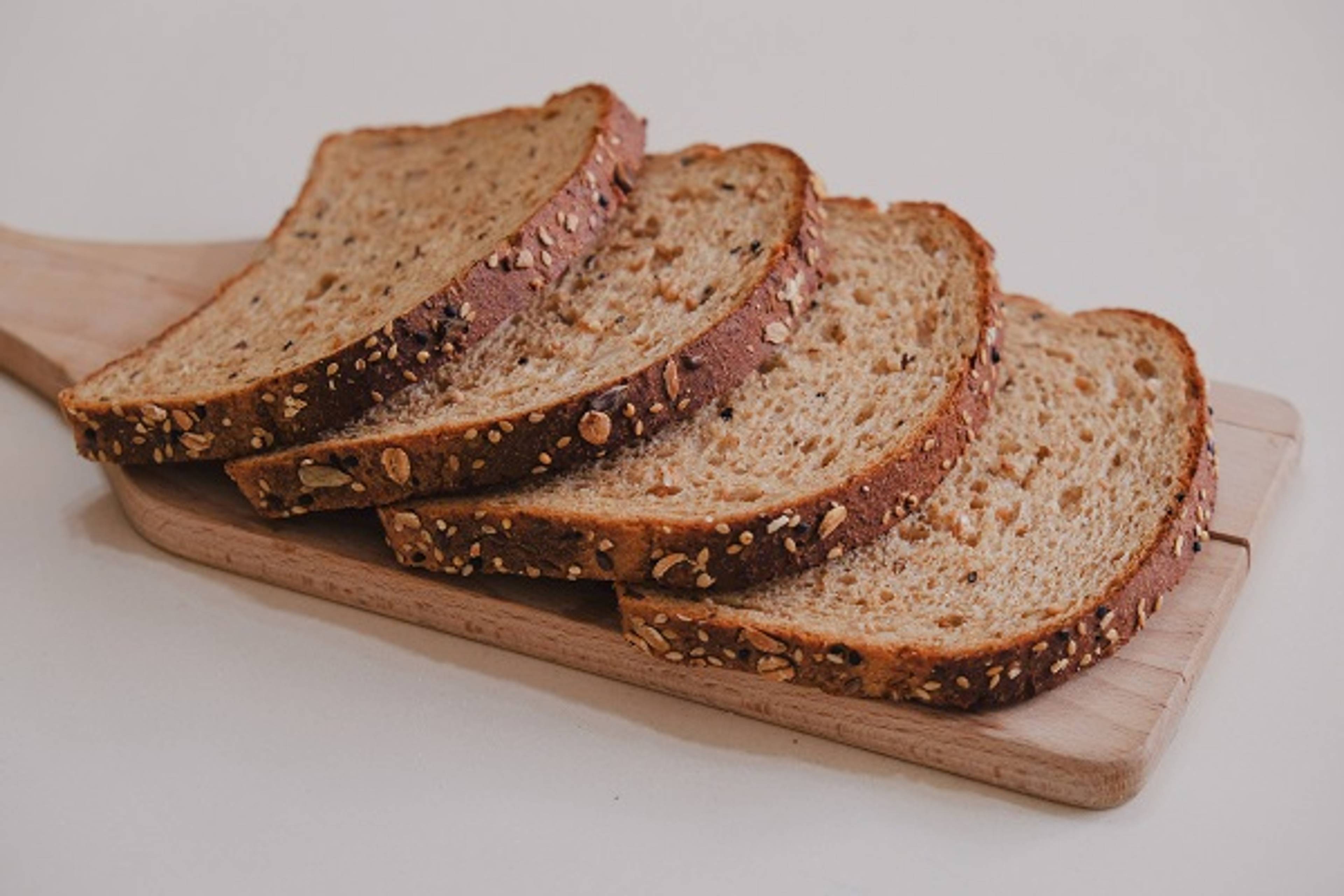
Lower Your Blood Sugar Levels and Prevent Type 2 Diabetes with a Plant-Based Diet
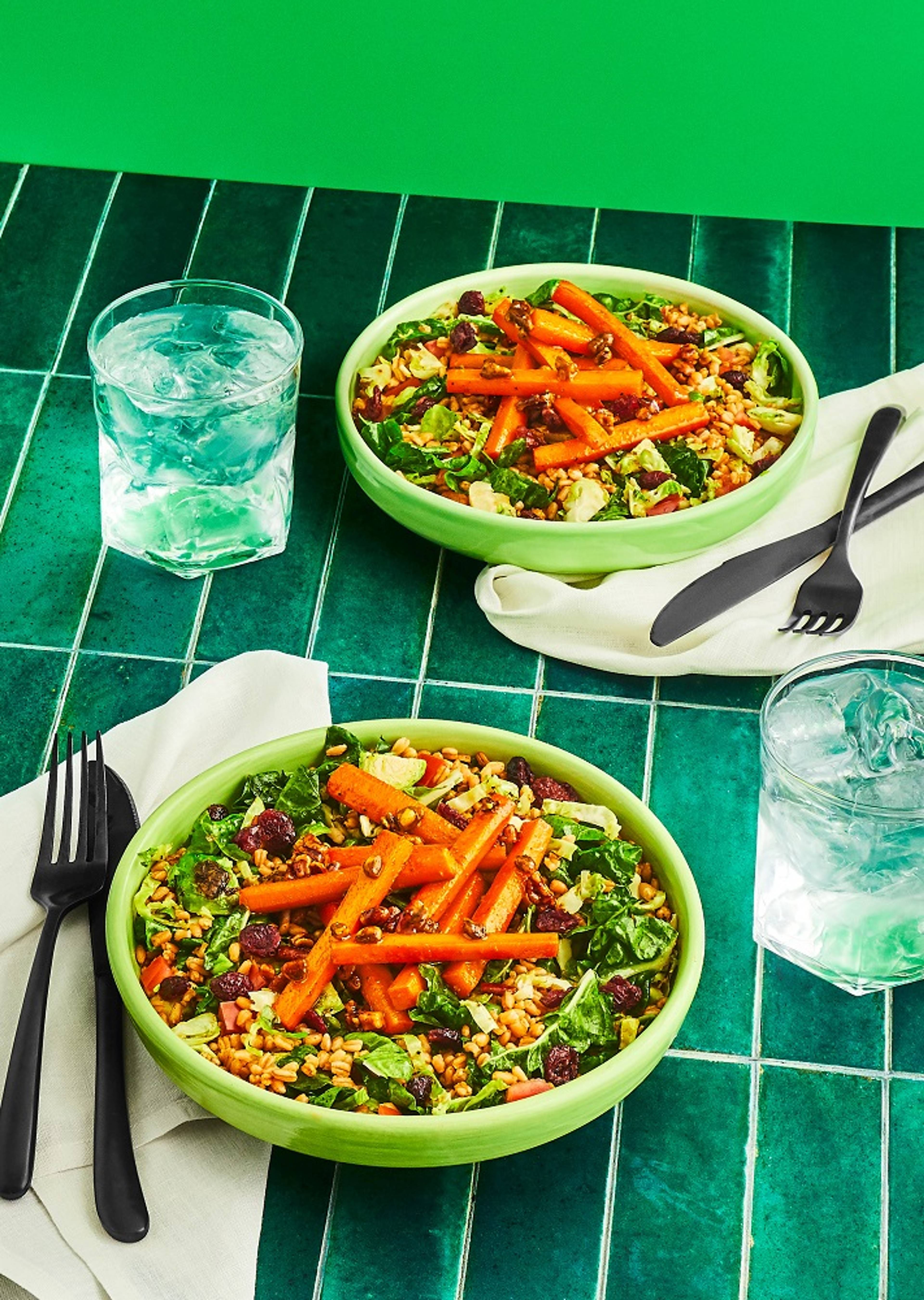
A Plant-Based Diet for Kidney Health

A Plant-Based Diet and Pregnancy
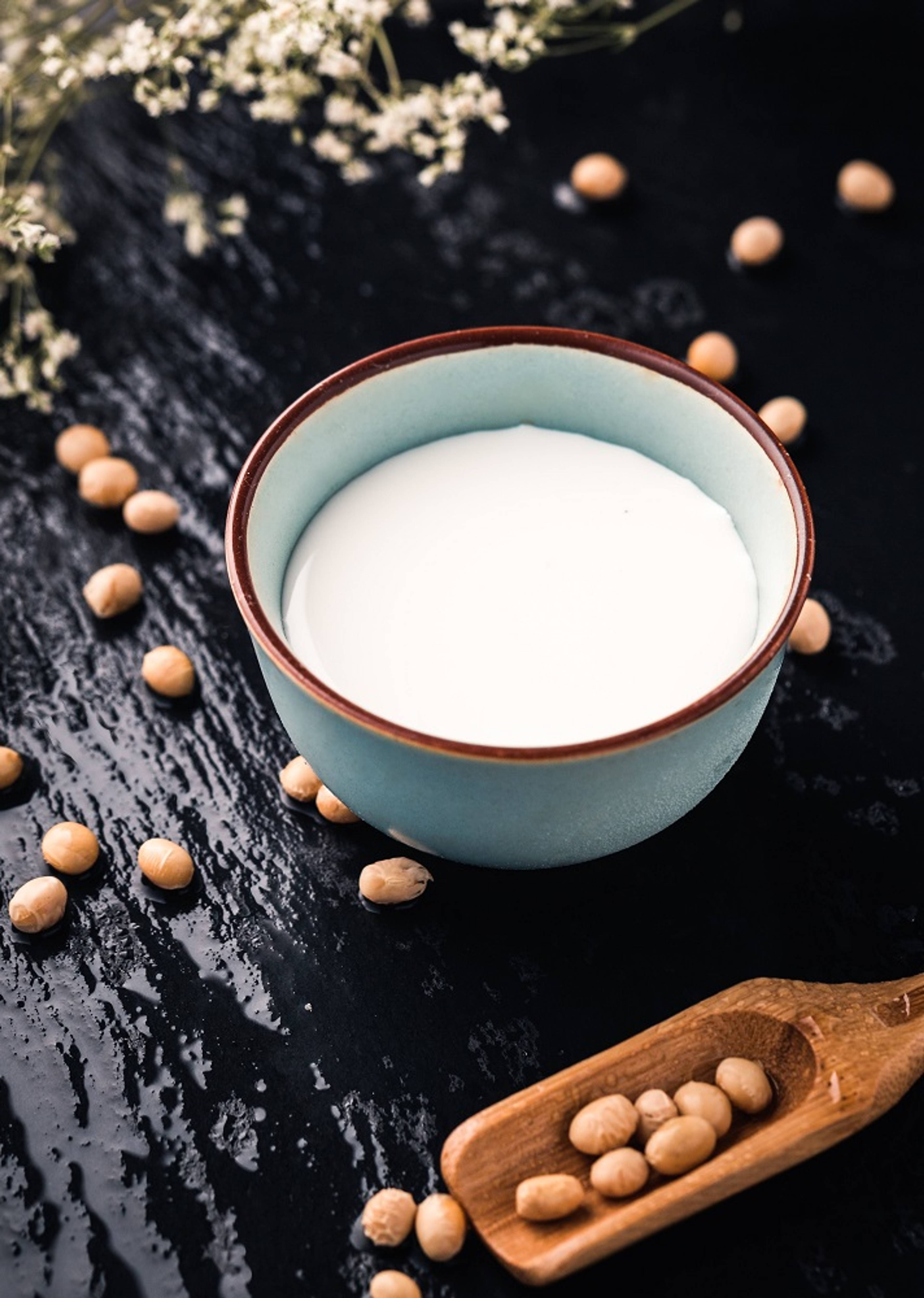
Minor Health Concerns with a Plant-Based Diet

